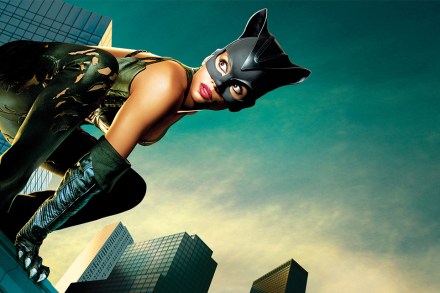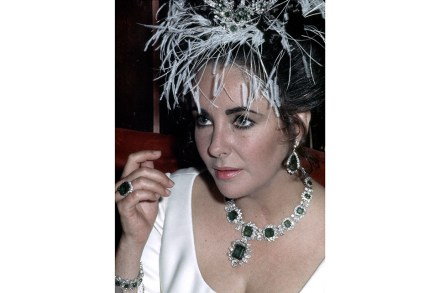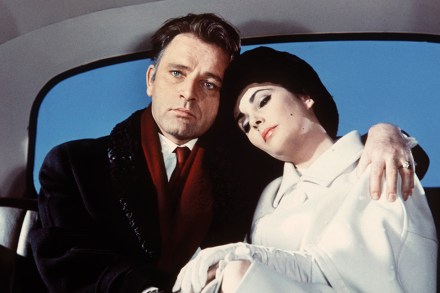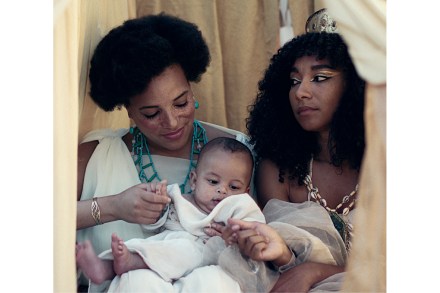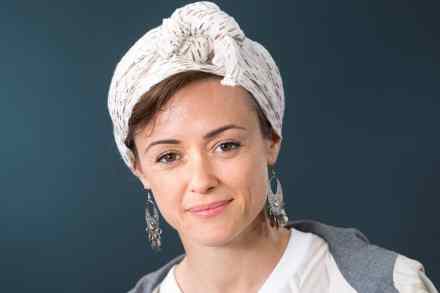A century of Hollywood’s spectacular flops
Gore Vidal once sighed that ‘every time a friend succeeds, I die a little’, and there is inevitably a sense that when some idiotic blockbuster makes $1 billion worldwide, our collective intelligence loses a couple of IQ points. It’s a relief, then, when the worst examples of their kind, made at enormous cost to negligible artistic impact, flop hideously: proof that audiences will not fork out for any arrant piece of trash. The most recent high-profile failure of this kind was Todd Phillips’s bewilderingly poor Joker sequel, Folie à Deux, which insulted its audience and thus precipitated its commercial failure. If the Daily Telegraph film critic Tim Robey’s excellent study
